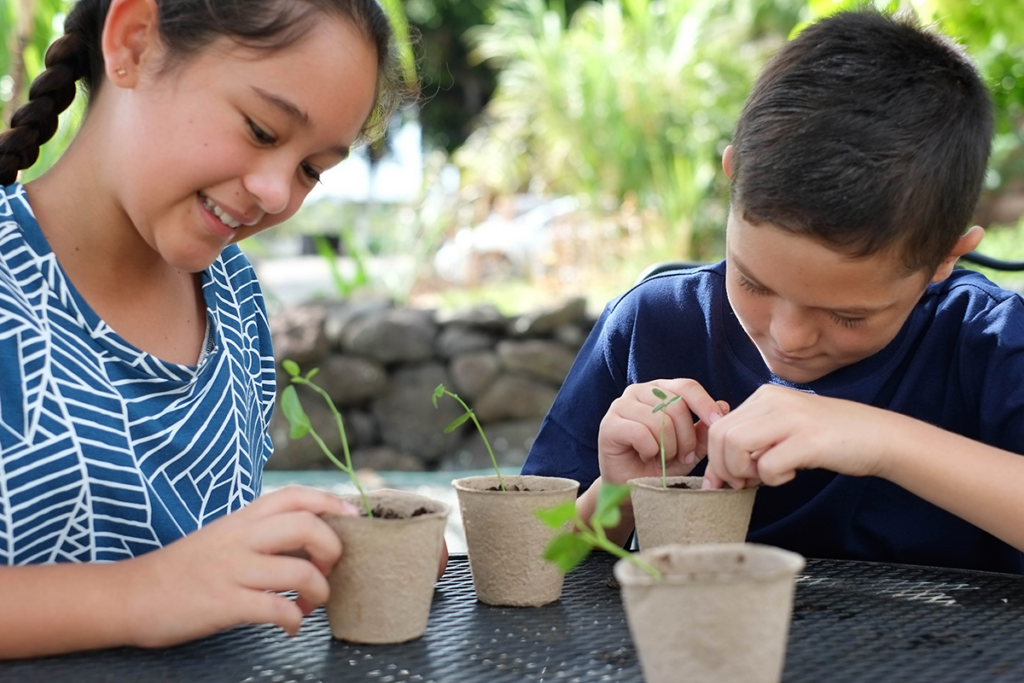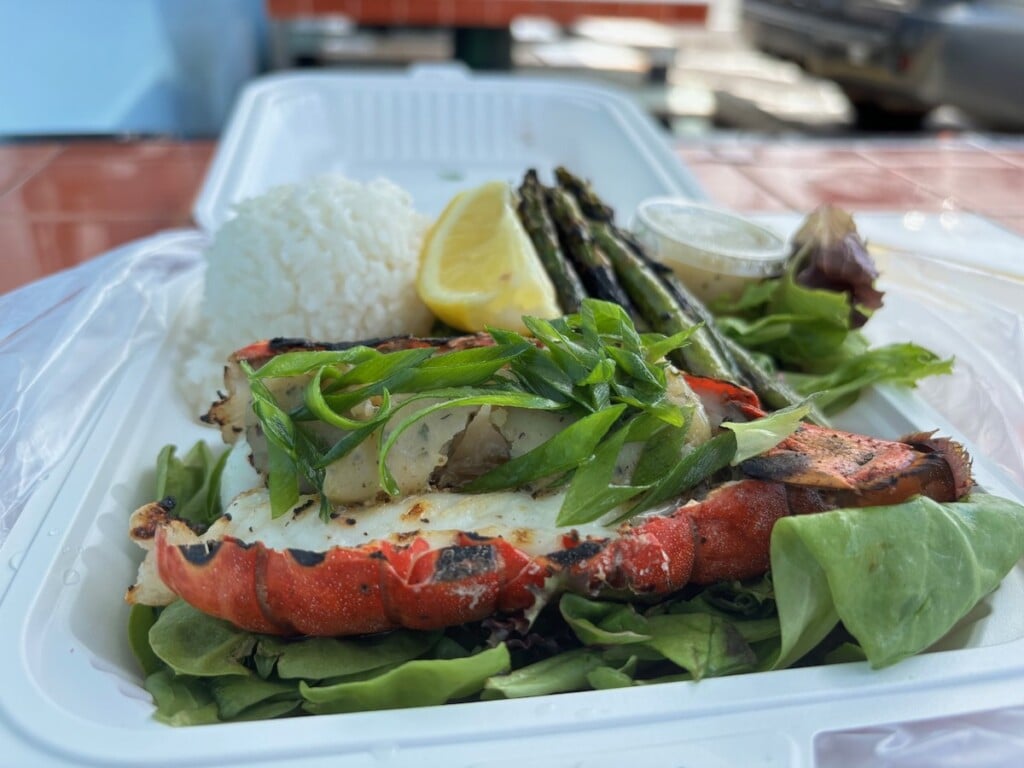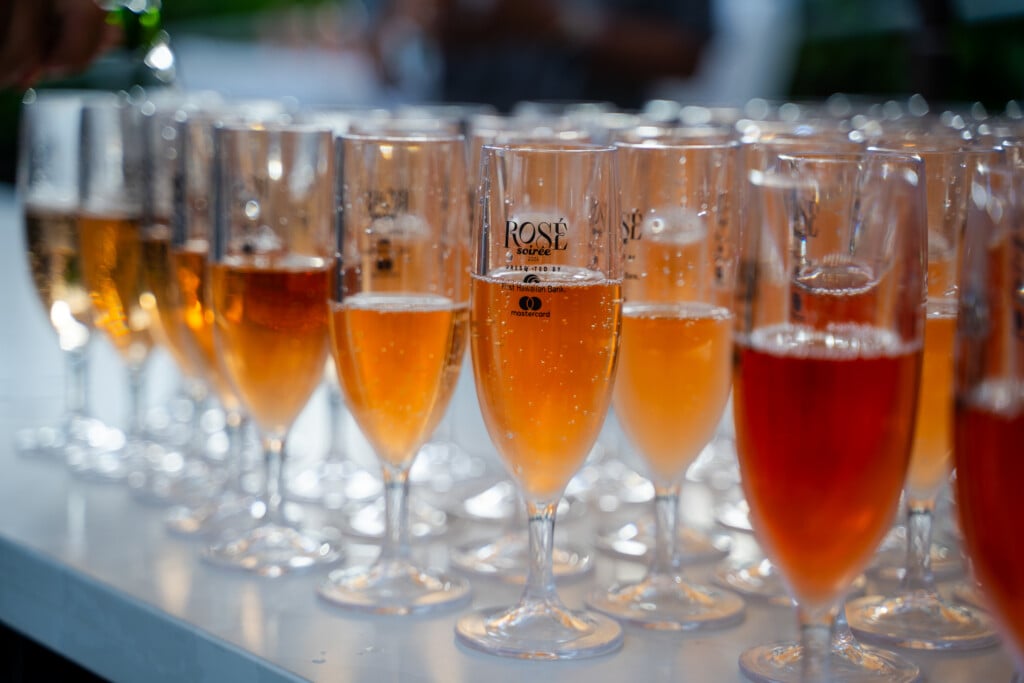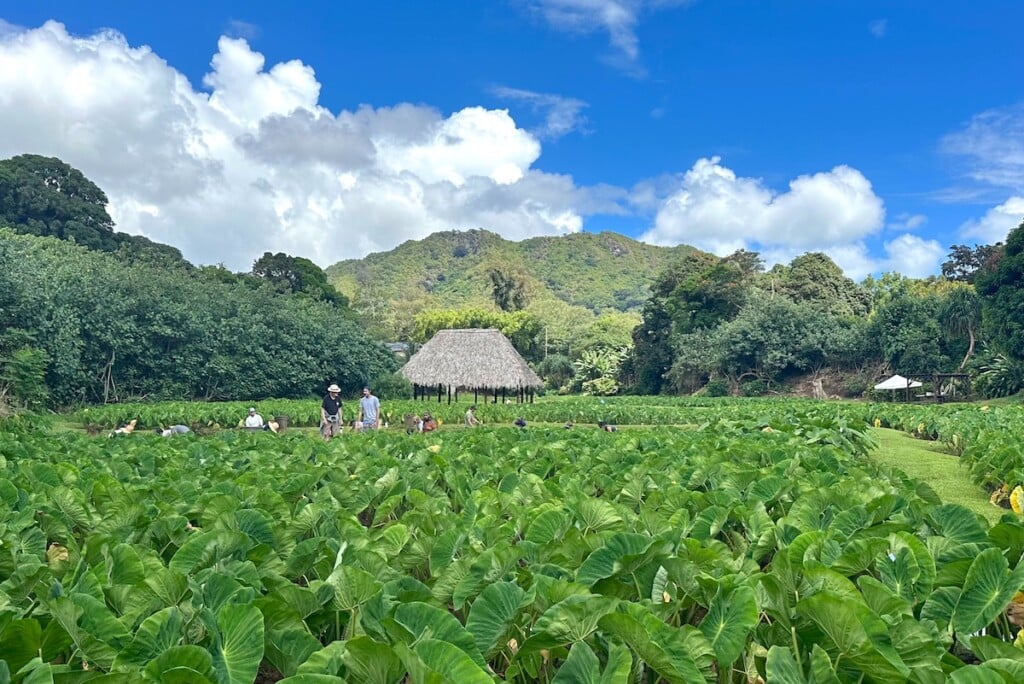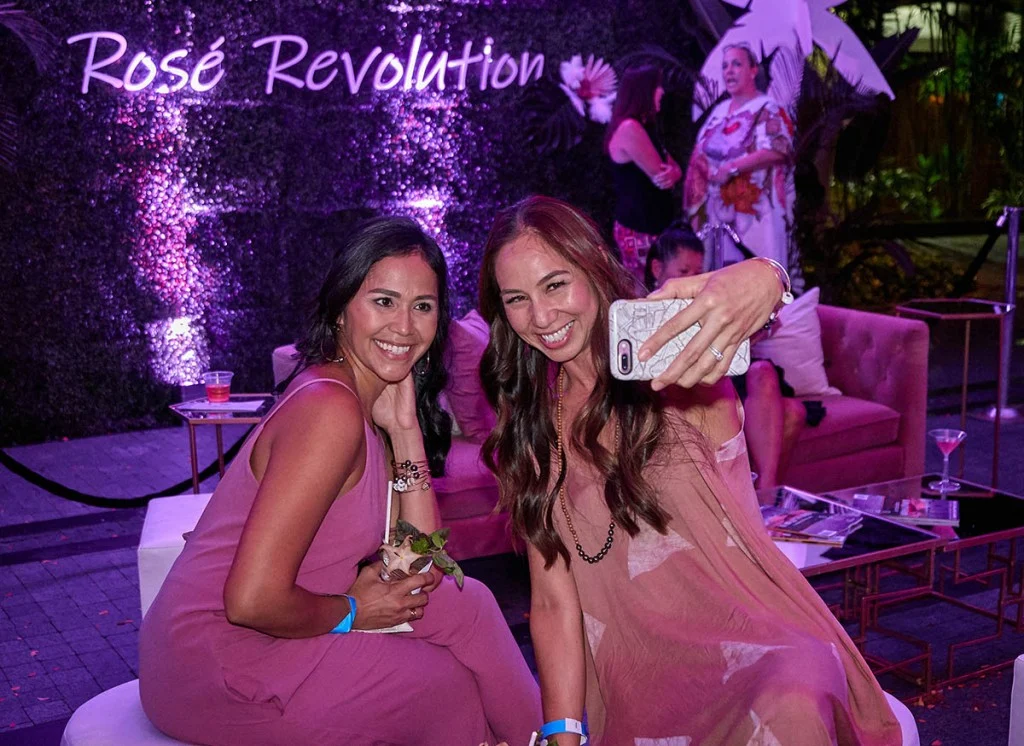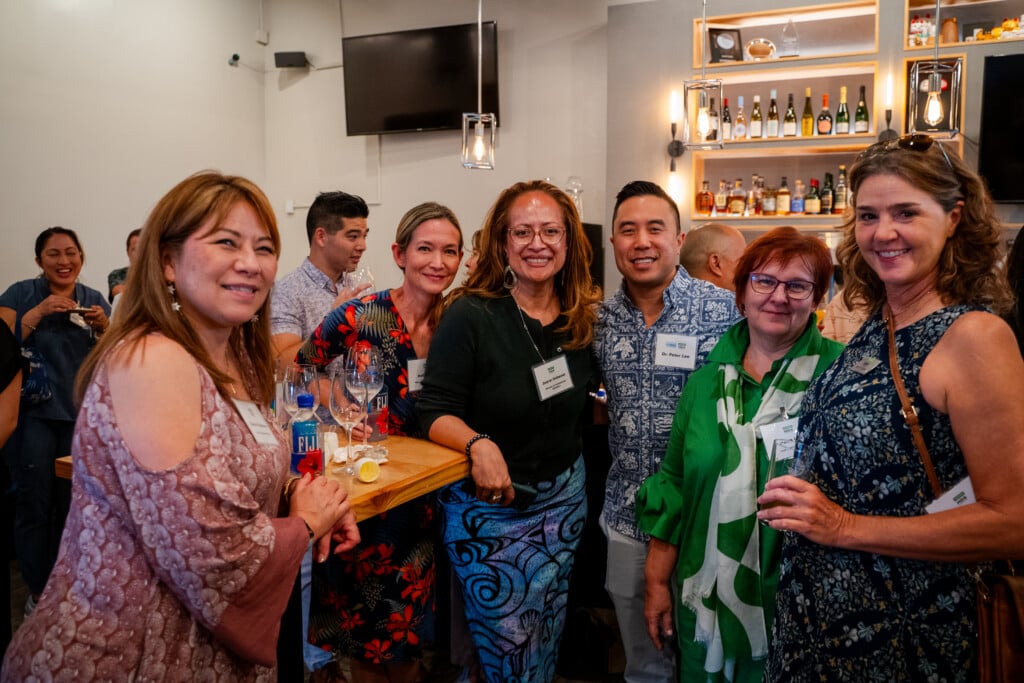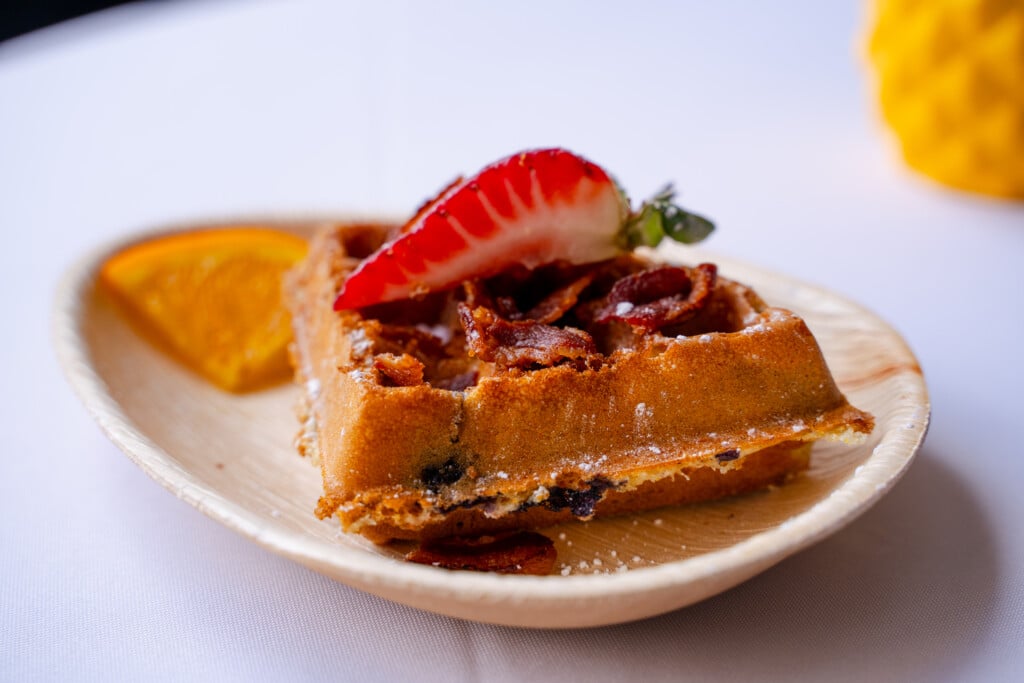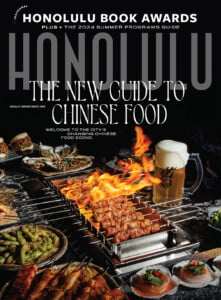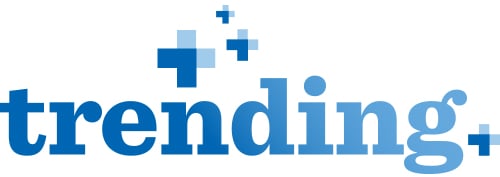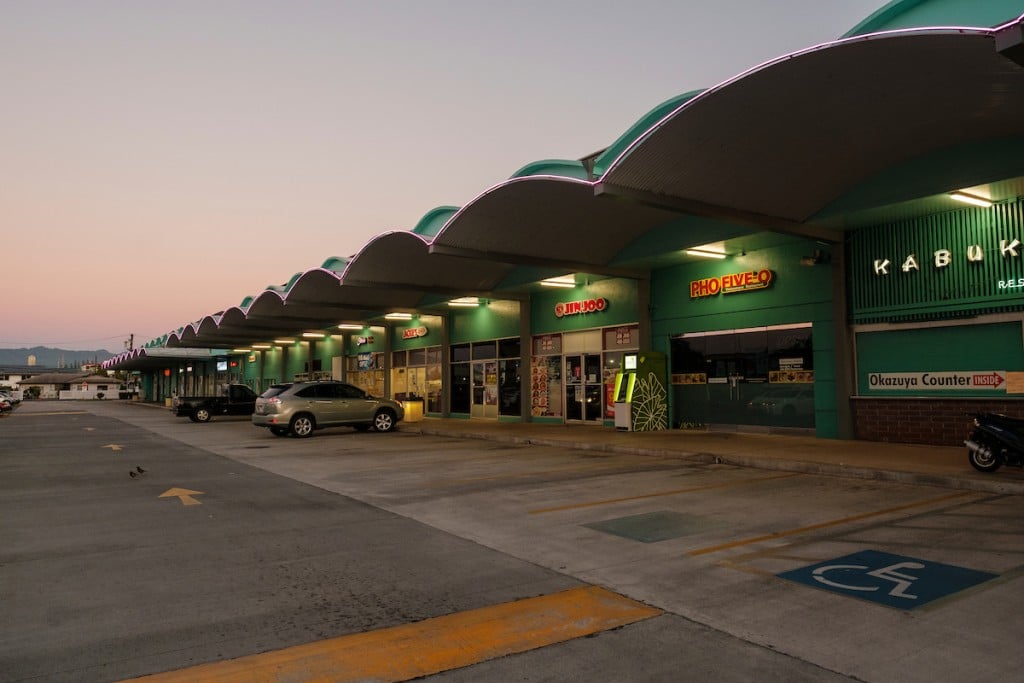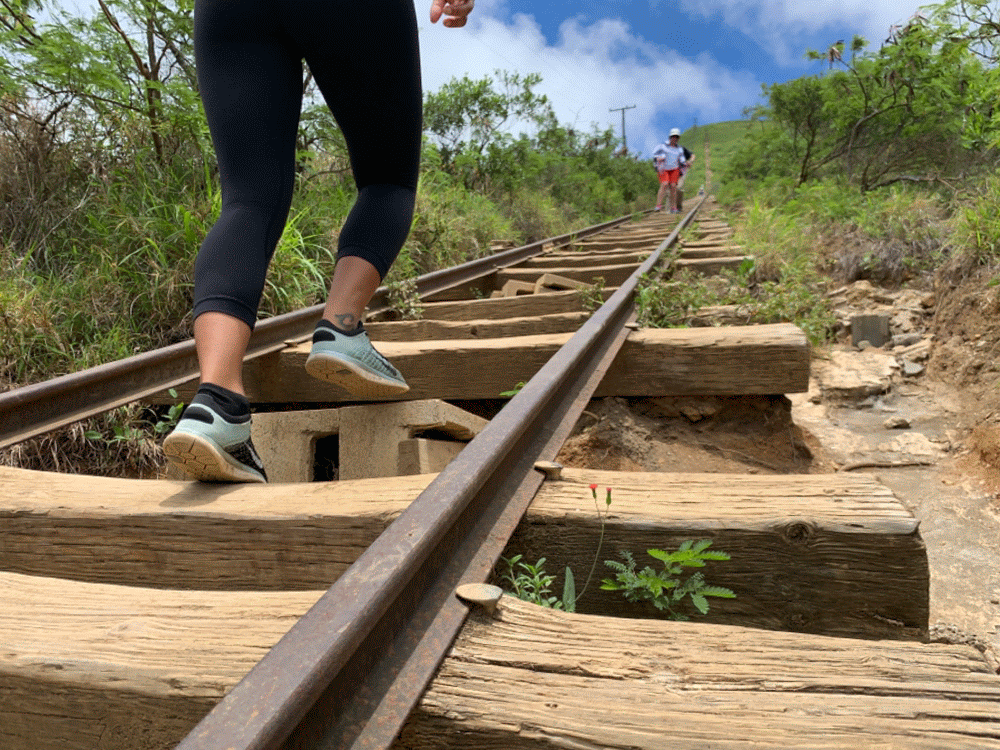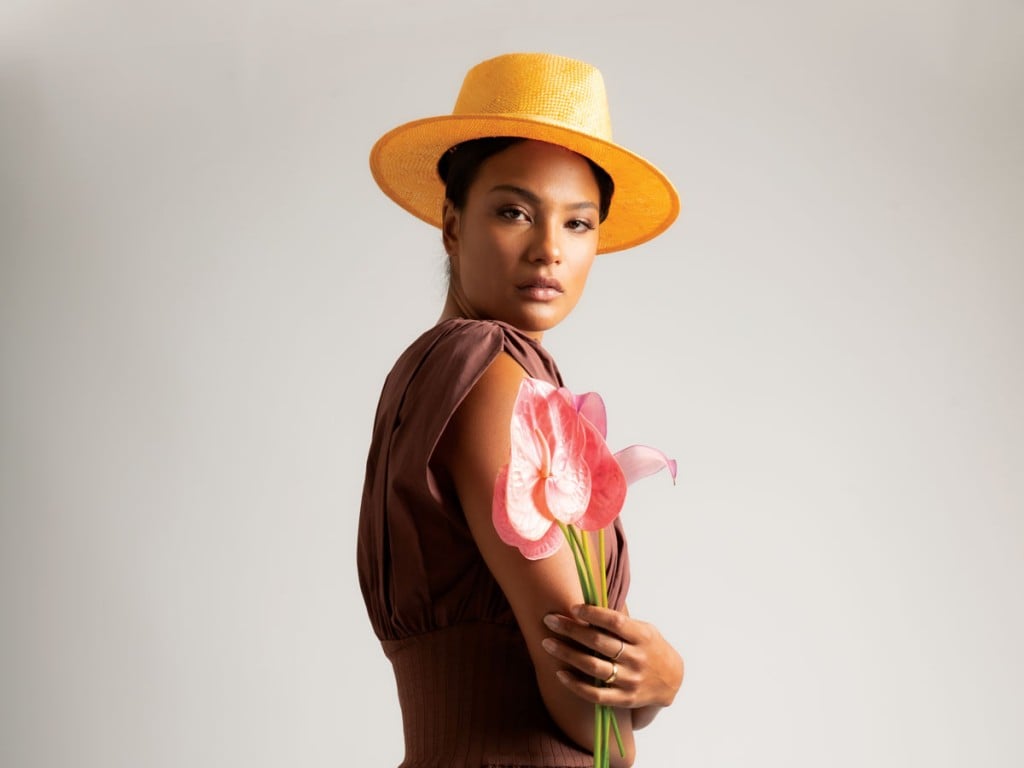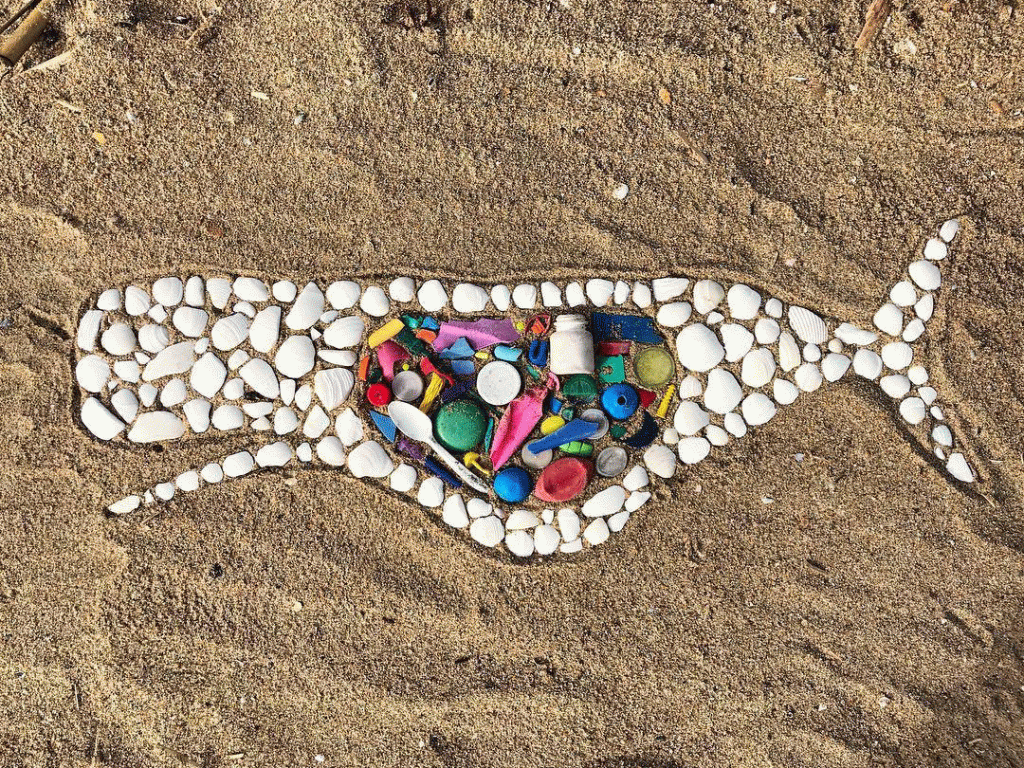A Rare Glimpse into the Lives of Hawai‘i Transgender Professionals at Work
We asked these transgender Hawai‘i residents to show us their workplaces, and tell us about how their transitions have affected their lives and their careers.

Photos: Rachel Ceretto
For men and women in the transgender community, gender-identity transitions pose not only personal challenges, but professional ones as well. Everyone’s got to make a living, after all, and gender is one of those things you can’t leave at home. We talked with eight Hawai‘i residents at their work places about how their transitions have affected their choices, their lives and their careers. Whether as teachers, chefs or even in the military, they’ve been able to establish safe places for themselves, growing professionally and earning the respect of their peers.
KALEO RAMOS
Teacher, Hālau Kū Māna

I was born in Kāneʻohe and grew up as a rugged girl—a tomboy—who was really athletic and hated wearing dresses. I knew what mahu was, which in my mind was a man acting like a woman. I had no idea what trans was.
I dated a wonderful man for five years, before we got married and I got pregnant with our son, who I had in 2004. I suppressed my feelings, not because I was unhappy in my relationship, but because my role was the wife, which didn’t feel right. But I am so thankful for it because it gave me our son. When I transitioned, I chose Kaleokūikeolahou (the voice of steadfast and new life). I kind of imagined myself at the brink or the forefront of a new journey. I lucked out. I have this inside look to both lives, doing the ultimate female things and doing the ultimate male things.
I’ve been a teacher at Hālau Kū Mana for five years. I don’t feel the need to disclose my trans status because I want my work and my accomplishments to speak for themselves. My students are in sixth grade, so they’re not even aware of these kinds of issues yet. Most times, when people realize I am trans, whether it is in my professional work or community work, people are really positive and I think I’m able to open their eyes. People are so stuck in their black-and-white ways. Even in school, we have the concept of kū and hina (masculine and feminine), and theres a cultural significance to it. But I don’t want to have my students stand in lines as kāne or wāhine, I want them to stand where they feel comfortable.
SEE ALSO: In Transition: Hawai‘i’s Transgender Teens
ERIKA ARESTA
Set costumer, Hawai‘i Five-0

I was a very sensitive child growing up. I was attached to my mother’s hip constantly as well as all the ladies around me. I knew it was wrong in my father’s eyes, but I wanted to be my mother. I never had a “decent” job when I was transitioning; it just was not possible. I left Hawai‘i through an intervention of a long-lost friend who was concerned about where my life was going. I packed my bags and moved to Minnesota to pursue a college education. I graduated magna cum laude with a double major in business administration and human resource management.
One day in college, my boss asked me politely if I was indeed a transgender woman. I was so shocked, as I thought nobody knew. I said, yes, and she said she thought it was the bravest thing someone could have done and she admired me for it.
About four years ago, I was able to complete my transition with gender reassignment surgery in Bangkok, Thailand. Through my time healing, I had a multitude of co-workers cheering me on and worried about my well-being. When I returned to work after the long hiatus, I was met by hugs and congratulations. I never could have asked for a better company to work for and with. I feel so honored by their sense of tact, understanding and compassion.
My life has had its roller coasters and hard times, but it’s no different from yours. There will always be someone out there with a more difficult life than yours or mine. How you live your life is what’s important.
LINA ROBBINS-TAMURE
Hawaiian music singer

When I was 8, I told my parents I wanted to sing. I owe my Hawaiian music career to my kumu, Les Ceballos, because, although I started singing at the age of 2, it wasn’t until I joined concert glee at Kamehameha Schools that I learned proper technique. He really took me under his wing and in 2011 gave me the chance to play at the Merrie Monarch festival, and I’ve gone every year since. Merrie Monarch gave me my first street cred with Hawaiian music. I developed my falsetto voice in high school, so my nickname was Paulina. When I transitioned, I kept Lina. March 7, 2013, was the first time I performed as Lina. I remember being really nervous but really excited–that was a fun gig. It’s been three years, and, because of the support of my parents and friends, I started being more confident in really establishing myself as Lina, the person and the performer.
SGT. SHANE ORTEGA
Flight engineer, United States Army
 |
Since his original interview with us, Sgt. Shane Ortega retired from the United States Army in July. His efforts in the military were instrumental in overturning the government’s ban on transgender military service. |
I knew what I was doing by signing this contract; I was not naive. I also knew to what extent it would be oppressive, because I had already seen the repercussions of what it meant for my mother to serve under “Don’t Ask Don’t Tell” as a closeted lesbian. I’ve been an advocate and have worked on such policies as the repeal of “Don’t Ask Don’t Tell” and equal-opportunity protections for LGBT members of the military. I’m working with the assistant secretary of the Army and the Pentagon about policies to change documentation such as gender markers and name allowances in the United States Army.
This chapter of service for me in the military is going to come to a close, so I want to enhance my education. I’m going to start a new Ph.D. in transgender studies, as well as a Ph.D. in clinical research psychology, so I can pair them together and do my own sort of alternative medicine and clinical research and create a new niche of study, because there isn’t any specific focus on that demographic of people.
I feel the pressure to be perfect, because I’m under a microscope. I’ve been in the military for 10 years as a former Marine who served three combat tours. If I can set a near-perfect example as a trans man in the military that can’t be torn down, that will hopefully eliminate the suffering of others.
SHANTEL “PRINCESS” TORRES
Head chef and supervisor, Spinners Café

Growing up in Hawai‘i, I kind of knew what I wanted to be, but I couldn’t really express myself. After high school, I moved to Las Vegas with my family, which is really when I started to find myself. Being born and raised here, it’s hard to make that change around people you’ve known your whole life and to have them respect your transition. To transition in Vegas made it a lot easier for me. I worked in food courts and pizza joints, and realized how much I enjoyed cooking as a career. I worked for the MGM Hotel as well as New York-New York. I really fell in love with cooking, but had a few bad experiences based on my gender that made it hard to continue there. Coming home eight years ago was awesome because it is more accepting and easier to be called the name that I want. I’ve been working at Spinners for over a year and a half, and the people here have allowed me to identify with who I’m comfortable with.
I’m very honored to work with Dolphin Excursions, because my co-workers and customers respect me for who I am. It’s amazing how much joy your work can bring you when you love what you do.
TREY HALLIDAY FENTON
Social worker

I always had an extreme, outgoing personality and during my youth I displayed a high level of risky, destructive behavior. I was out of control for years. I handled my sexual- and gender-identity issues with drugs and alcohol; addictions are a huge part of my story.
I came out as bisexual and then as a gay woman in my early 20s, moved internationally twice, then back to Chicago, but I never completely felt like I fit in. In my late 20s, I realized there was more to my story than simply being gay. I started my transition in 2010, taking small steps like cutting my hair. When I looked in the mirror, I realized it wasn’t just that I looked like a man, I was a man. Once I figured out I was transgender and became clean and sober, I began to see clearly for the first time in my life and truly feel alive. I moved [to Hawai‘i] to obtain a master’s degree in social work in 2011. It’s been very rewarding and is exactly where I need to be. Social work is a career that is accepting of any and all. I like helping vulnerable populations. I’ve been a substance abuse counselor for the past year and a half, and it is the first job where I feel confident. I’m seen as a male, I’m respected as a male and I work with men with severe mental issues and addictions. It’s a trip that I’ve come full circle. It’s been so helpful for me to become more compassionate, more empathetic, to see people’s strengths and empower others.
DAYNA KALAKAU
Freelance publicist and event planner

I was dead set on my transition by my junior year of high school. My senior year, I stopped playing volleyball, even though I was scouted by Stanford and USC while I was in Arizona (at the Junior Olympics). Making that decision was tough, but I realized that meant I would have to go up there and play volleyball as a boy for the next five years, and that wasn’t as important as my happiness. Sometimes you have to make sacrifices.
I don’t like it when people say, “I didn’t choose this; it’s not a choice.” The fact that we are so convicted that we need to live authentically as the gender we should be—that is not a choice. But you choose to take the steps to live authentically. You choose how you live, how you act and who you associate yourself with. A lot of times, trans people are made to feel like mistakes. But God made me this way for a reason. I’m special, and I love that about myself.
I wear so many hats. I’ve worked heavily in fashion, in food and beverage, nightlife, sports and fitness, to name a few. Forcing myself to live authentically in my personal life lends to the work that I do, because it’s that authenticity that shines through in the end product.

Dylan Akemi and Janel Dulan were married in Honolulu in May, after 10 years together.
DYLAN AKEMI
Marketing manager, Imua Lounge
From when I was small, I never wanted to wear girl clothes. I guess I always knew. When I met Janel, I knew what transgender was, but I never knew that there were FTM (female to male) trans people, which really intrigued me. I met friends through Janel who guided me through my transition and, once I started taking testosterone, it gave me life. It made me realize who I was and who I wanted to be. Janel was there for me every step of the way. People don’t understand us because we’re opposite, but it’s about knowing who you are and who you want to be, and you fall in love with who you love. We’ve been together and there for each other throughout our transitions for the past 10 years, and are in the process of planning our wedding.
We came to Imua Lounge two years ago. I was doing all the marketing and advertisements and Janel started working on the website. Being at Imua’s is like home, that is the only way I can describe it. We’re here all the time, and we love that.
JANEL DULAN
Technical support manager, Imua Lounge
We’ve been together 10 years. It’s a lot more prevalent here than in the U.S. Mainland for our type of relationship because of the culture and the upbringing that we’ve had in Hawai‘i. I was 24 when I met Dylan. He got me off the streets and gave me some hope for a better future. He told me, “You’re so much better than this and have so much more to give.” It really gave me a foundation to build a life and career upon.
My career path has really changed. Before, I looked at work as a necessity. It was, “I just need a job,” and now it’s, “I want to do something worth my time.” I’m active in the community and serve on several organization boards in my spare time. I always wanted to be in management; I just needed the education, so I went back to school four years ago.
Imua Lounge opened in 2009, originally as an alumni venue for Kamehameha Schools, then as an open-to-the-public establishment, and we came onboard about two years ago. I worked on the bar’s website and became the technical support manager around the same time Dylan started doing marketing. The bar has blossomed over the years and continues to evolve. We had a grand reopening in May that highlighted all the changes we’ve made. We want to cater to everybody. It doesn’t matter who you are, what you look like, what your gender is, what your sexuality is, you’re all welcome, because aloha is served here, as our motto goes.
